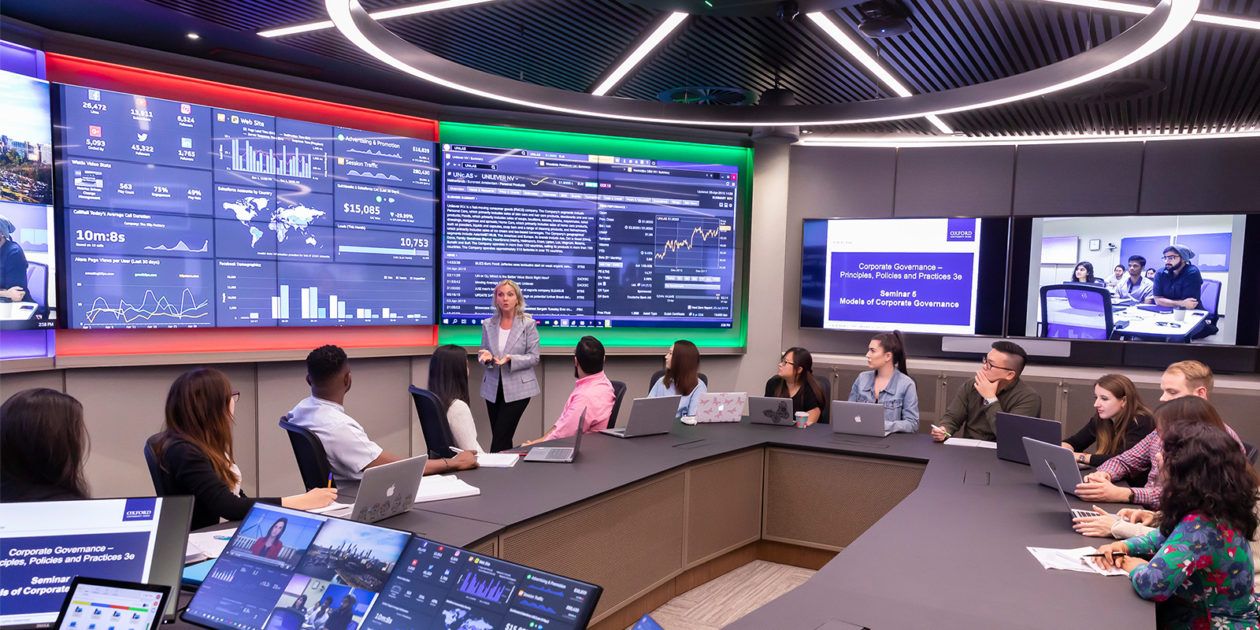Overview
Overview
This is a one-year advanced course for professionals who hold an undergraduate degree in accounting* and are seeking to gain more expertise in financial accounting, managerial accounting, governance and auditing. This course is also designed specifically for those who wish to meet CPA Australia's requirements to become a certified practising accountant.
This course therefore provides you with a master-level qualification that is relevant to senior positions and roles that provide high-level advice to management and governing bodies, as well as the expert academic support in preparing for the CPA Program’s examinations.
You will study the CPA Program subjects and, to gain your master qualification, you must meet CPA Australia’s program requirements. (Please note that you will be responsible for CPA Australia program fees, including examination fees.)
Towards the end of the course you'll undertake an industry-connected capstone experience, such as an internship, research project or study tour. You'll also have opportunities to attend employee presentations that enable you to expand your career networks; previous participating companies include Coca-Cola Amatil, Grant Thornton and Nexia.
* If you do not hold a bachelor degree in accounting, apply instead for the two-year Master of Professional Accounting.
What jobs can the Master of Accounting course lead to?
Careers
- Certified Practising Accountant
- Accountant manager
- Senior accountant
- Chief Financial Officer
Industries
- Accounting
- Finance and investment
- Government
- Law
- Resources and renewables
What you'll learn
- apply principles of financial accounting, managerial accounting, governance and auditing to grasp theoretical underpinnings of the discipline. Extend knowledge base with research and application of business research methods.
- apply critical and analytical thinking to develop innovative solutions to complex problems in relevant business fields.
- locate, extract and critically appraise information from a range of sources and effectively communicate it using structured financial or other appropriate language to a professional audience for a range of purposes.
- develop ongoing professional, self-directed and reflective education relating to developments and changes in the information requirements of a global financial system that is multi-perspective in nature, and apply international financial reporting standards.
- recognise that cultural practices and differences impact upon commercial endeavours and interpersonal relations. Work effectively in multicultural team environments.
- exhibit professional and ethical approach to analysing and reporting commercial activities demonstrating leadership, collaborative and independent qualities when required, in compliance with appropriate legislation and protocols.

